Howdy Friends! We are all very sensitive to people enduring Post Traumatic Stress Disorder (PTSD). Veterans, First Responders, Police and of course women and children. But what about horses? Can horses suffer from PTSD?
I submit they can and in fact do. All too often.
Sadly this is usually diagnosed as bad, or noncompliance behavior. Then a wide variety of “training” routines are administered. Most of which can only deepen the grip of PTSD in the suffering horse.
PTSD occurs when a traumatic or sustained stressful event or events occur. Thus causing an over active adrenaline response. Which creates deep neurological patterns in the brain. Which can persist for decades after the event, or events, that triggered the fear.
These patterns in the brain are a transformation making the person hyper-sensitive to future stressful or fearful events. Real or perceived.
Some of our Coffee Clutch and Facebook friends know bits and pieces of my childhood.
The unspeakable abuse I endured for over 3 years locked in a room. I can tell you, to this day as an old geezer in his 7th decade of wondering this beautiful God created world, it takes only a single instances of the wrong kind of fear or stress. And I’m 8 years old again. Back in that horrid room with the blackened window.
Over the years I have worked in various scenarios of helping, “At Risk Kids.” Sometimes as a “Big Brother.” Sometimes volunteering in programs. Other times setting up programs using horses as “Therapists.” Always an underlying issue was “triggers,” for the children. Triggers are not something that ever go away. They are something that must be understood and managed. And that takes constant awareness and diligence.
Interestingly, recent studies at Harvard Medical School in Oregon, found that adults who were in foster care for one year between the ages of 14 & 18 were found to have higher rates of PTSD than combat veterans, and the recovery rate significantly lower.
I share the tidbit of my personal struggles to help make the point.
The younger the individual, or horse, when the original trigger events happen, the more ingrained the PTSD. The more difficult the personal battle to manage it is. It walks with you as an unwelcomed friend every day. Unexplainable or, out of context behavior, feelings and emotions simply occur without the ability to completely manage or control. They are as much a part of PTSD as kisses and hand holding are to love.
In my travels I’ve seen many horses, young, old and middle aged displaying the symptoms of deeply ingrained PTSD.
I know I’m right about this. And it breaks my heart. They may not have all been abused, they may have been weaned too young. Trained too hard too young. Trained, owned or shown by one, or too many individuals who could not understand them and disciplined instead of trying to connect and understand them. They may have been yanked from friendships, or homes in ways they could never understand.
How can we help horses with PTSD?
Our interactions, our intent, our training should follow one simple rule. “Ignore the negative and celebrate the positive.” And in everything we do, operate from the horse’s perspective … We want to do our best to never be the trigger that drives them back into that horrid room with the blackened window. ~ Gitty Up, Dutch.
Learn more ways to help your horse in my book IT’S FOR THE HORSES.

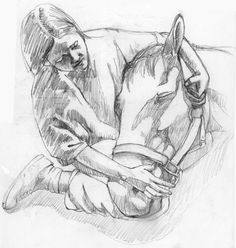
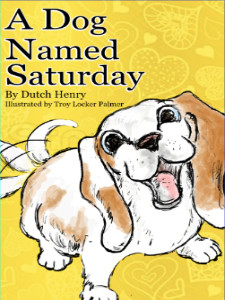
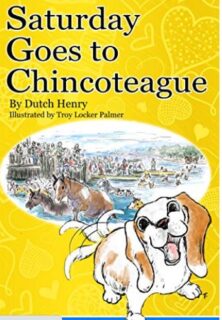
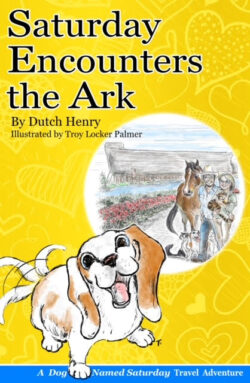
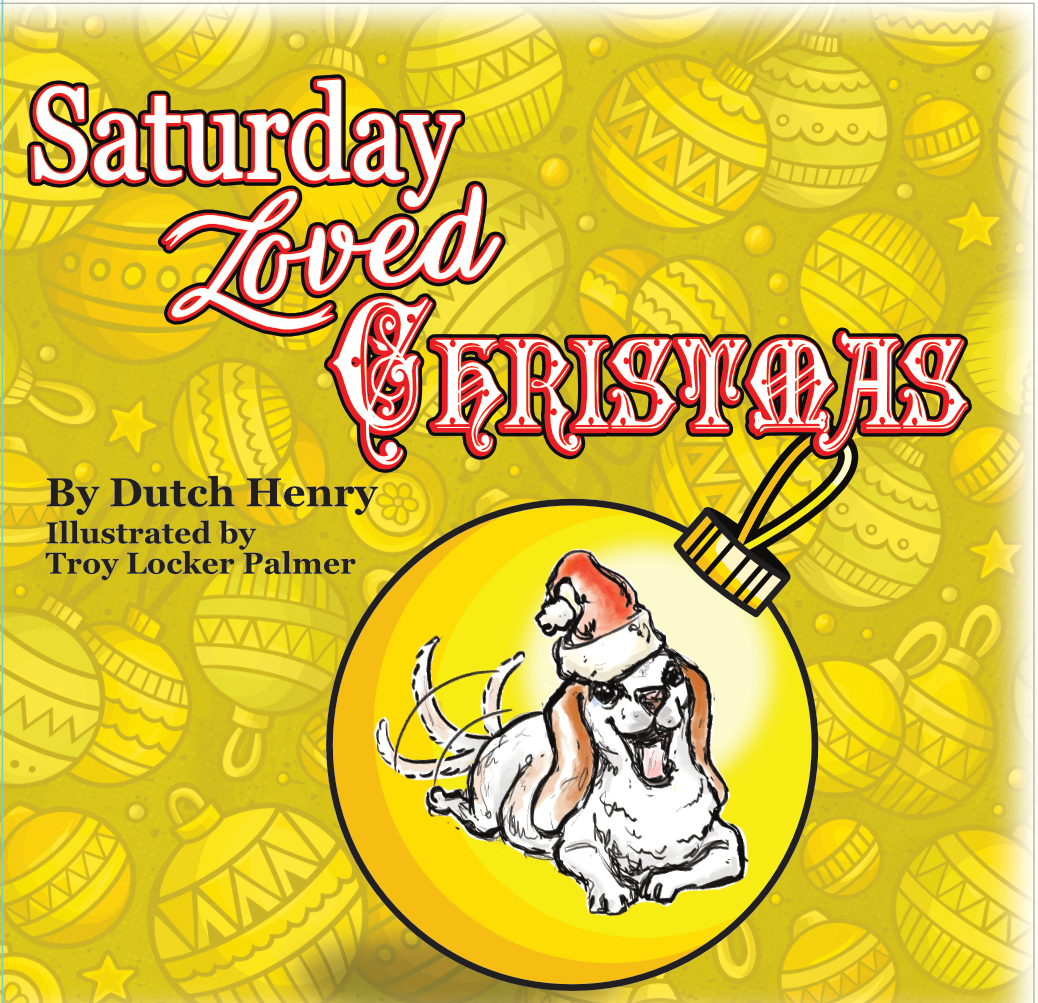
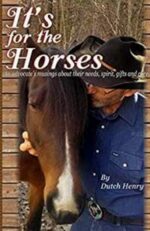
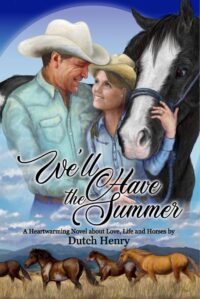
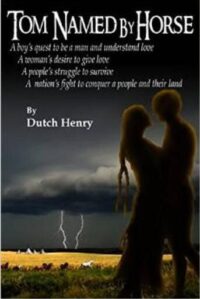
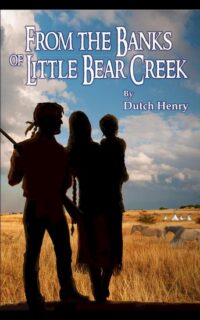
Thank you–that did give me more insight into some of the behaviors of two of my rescues: a crippled Amish cart horse and an Arabian who spent her 20+ years in a stall only. Both have taken a couple of years to relax and learn ground manners. Do you think they can relate to me because of my PTSD?
Thanks Diane! Actually it is all about relating, understanding and patience.
Thank you for sharing. This really is a thing. People need to know about it and how to best serve their horse to help them be confident again.
Yes indeed, Deanna! Thank you for reading and caring!